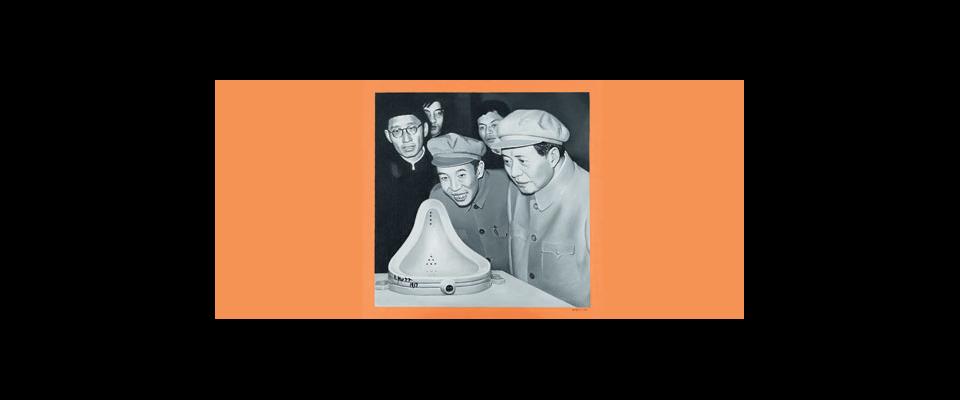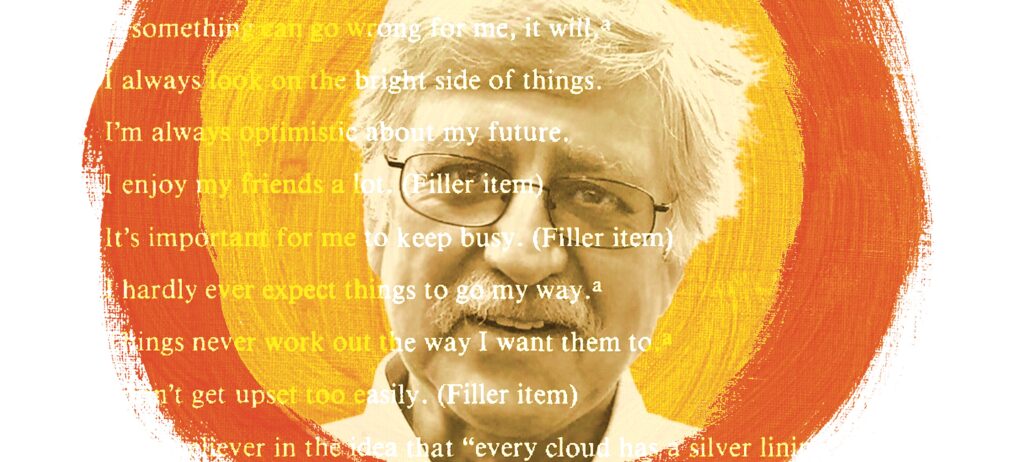There’s a pervasive idea in psychology that depressed people are better judges of reality. The roots of so-called “depressive realism” can be traced back four decades to an oft-cited study conducted at the University of Pennsylvania. However, a Berkeley study published last year failed to reproduce the results, calling the idea into question.
The depressive realism hypothesis dates back to 1979 when then-doctoral students Lauren B. Alloy and Lyn Y. Abramson gathered roughly a hundred University of Pennsylvania undergraduates to perform a series of menial tasks. In four experiments, the students were given the option to press a button and, afterward, asked to assess how much control their decision had over the illumination of a green light. (Unbeknownst to the participants, the degree to which their actions correlated with the outcome varied throughout the experiments.) Alloy and Abramson then compared responses between students who, based on a self-administered questionnaire, were determined to be either depressed or not.
What they found surprised them. The depressed students more accurately assessed how much control they had over the light, leading to the idea that depression could confer an advantage. As the researchers wondered in the title of their study, might depressed people be “sadder but wiser?”
It’s an appealing idea, said Haas School of Business Professor Don Moore, coauthor on the new study, published in Collabra: Psychology in October 2022. “There’s an understandable wish that this curse of depression … has some sort of silver lining.”
Alas, Moore and his three collaborators were unable to find any such upside. “In fact, we got no depressive realism results in our data at all.”
In their study, pointedly titled “Sadder ≠ Wiser: Depressive Realism Is Not Robust to Replication,” the Berkeley researchers attempted to replicate the second of the four original experiments. Nearly 400 undergraduates and adults with depressive symptoms ranging from minimal to severe were invited to press a button whereupon, as in the initial study, a lightbulb might illuminate.
Unlike Alloy and Abramson, the Berkeley researchers reported noisy and contradictory results. In their first sample, they found that those with more depressive symptoms overestimated their control of the lightbulb. In the second sample, they found no strong correlation between depression and perceived control. Participants, regardless of mental health, tended to overestimate control when there was no correlation between action and outcome and underestimate control when there was.
Moore, who has been involved in several research replication efforts, was drawn to this particular study in part because of the widespread belief in depressive realism—which, incidentally, presented its own challenge. “We had a lot of difficulty getting it published,” said lead author Amelia Dev ’17, a Berkeley graduate now pursuing her doctorate at the University of Miami. Dev said reviewers were dubious of the new conclusions and suggested that the researchers had not been thorough enough or had simply missed something.
Abramson and Alloy, too, have criticized the new findings, accusing the Berkeley researchers of “setting up a straw man.” Alloy said that the Berkeley study conditions differed too much from the original, invalidating any conclusions about replicability.
Alloy, who maintains that, under certain circumstances, depressed people are indeed sadder but wiser, also blamed the media for distorting their original thesis over the years. “The findings were sensationalized and overgeneralized,” she said. “Abramson and I did not argue that depressed people are always or generally more realistic than nondepressed people. The press did that.”
Dev and Moore, for their part, argue that their 2022 paper was not the first to question depressive realism and add that their work benefits from developments in psychology and research methods over the last few decades.
The very question of reproducibility in science—and particularly in psychology—has become something of a crisis in recent years, after a 2015 study that attempted to replicate 100 published studies found that fewer than 40 held up. The authors concluded that “there is still more work to do to verify whether we know what we think we know.”
That will doubtless strike many as depressing, not least of all those who clung to the idea that sadder really is wiser. But Moore called it “tremendously liberating” to find evidence that neither depression nor extreme optimism seem necessary for living a well-adjusted life.
“The idea that either you have to be depressed because then you’re more realistic, or you have to be delusionally optimistic … both of those offer the very troubling lesson that we should lie to ourselves in order to be successful and happy,” he said. “I don’t think that the evidence actually supports those claims.”





















